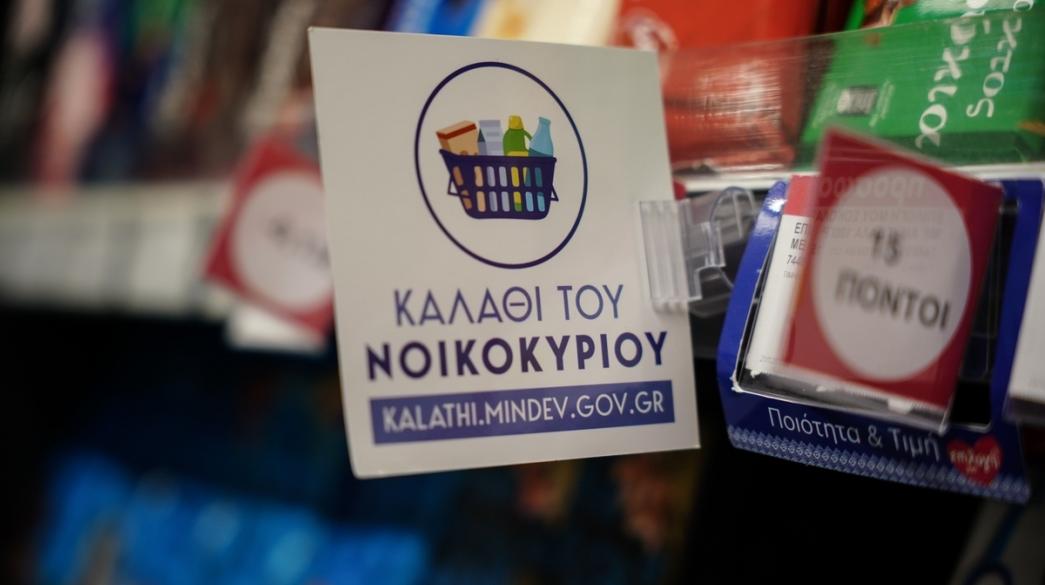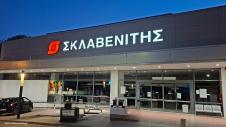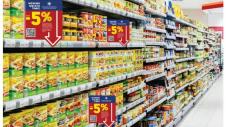The "household basket" is mainly chosen by men and women over 50 years of age, as opposed to younger age groups of consumers who choose the online shop and are not interested in this option. This, among other things, emerges from the survey conducted from 6 to 12 April 2023 among 968 consumers surveyed by Mr. George Baltas, Professor of the Athens University of Economics and Business and Director of Postgraduate Studies, and presented at the last ECR conference in Athens.
In a statement to BD, Mr Balthas said that "we have verified with reliable measurements and successive surveys that the majority of consumers have changed their purchasing behaviour in an attempt to adapt to inflationary conditions".
He adds that "the changes caused by the higher cost of consumer staples include, among others, a reduction in consumption, a preference for cheaper purchasing options and the systematic search for offers and discounts to buy a product". It concludes by saying that 'research shows that price and offers are now dominant criteria in consumers' purchasing decisions in the fast moving consumer goods sector'.
It is worth noting that among the findings of the particularly interesting survey is that due to price increases and the general inflationary crisis, 48.3% of consumers have cut back on prepared meals, 41.1% on wine, beer and spirits purchases, 34.1% on salty and sweet snacks, 33.5% on organic products and 36.7% on plant-based beverages.
In contrast, 29.6% of consumers choose the cheapest products from the stationery category, 24.5% from the household goods category, 24.1% from packaged foods, 23.9% from dairy (milk, yogurt and cheese), 23.7% from frozen vegetables and foods, and 23% of consumers choose the cheapest products from the detergents and household cleaning products category.
It is also interesting to note that 58.3% of consumers choose only the offers in the categories of detergents and cleaning products, 56.1% in the categories of personal care and cleaning products, 46.5% in the category of stationery, 45.1% in household items, 41.% in packaged household products, 38% in coffee, 36.9% only choose offers in packaged standardised food, 34% in frozen vegetables, 33.2% in frozen food and 31% only choose offers in soft drinks, juices and bottled water. In contrast, 52% do not change their habits when buying fresh fruit and vegetables, 37.4% when buying speciality food products, 37.3% when buying bread and bakery products, 35.5% when buying meat and meat products and 33.9% when buying dairy products.
According to the survey data, only 4.5% of respondents choose the online store, while 69.3% choose the physical store and 26.2% make both choices. It should be noted that among consumers who choose the online store, the three main selection criteria are best prices, largest variety and highest quality.
To the question "what changes have you made in your shopping behaviour to cope with the price increases and inflationary crisis", the answers are more or less expected, but interesting anyway. So consumers responded that they pay more attention to offers and promotions, prioritise their needs more and prioritise the most important purchases and compare shelf prices more.









